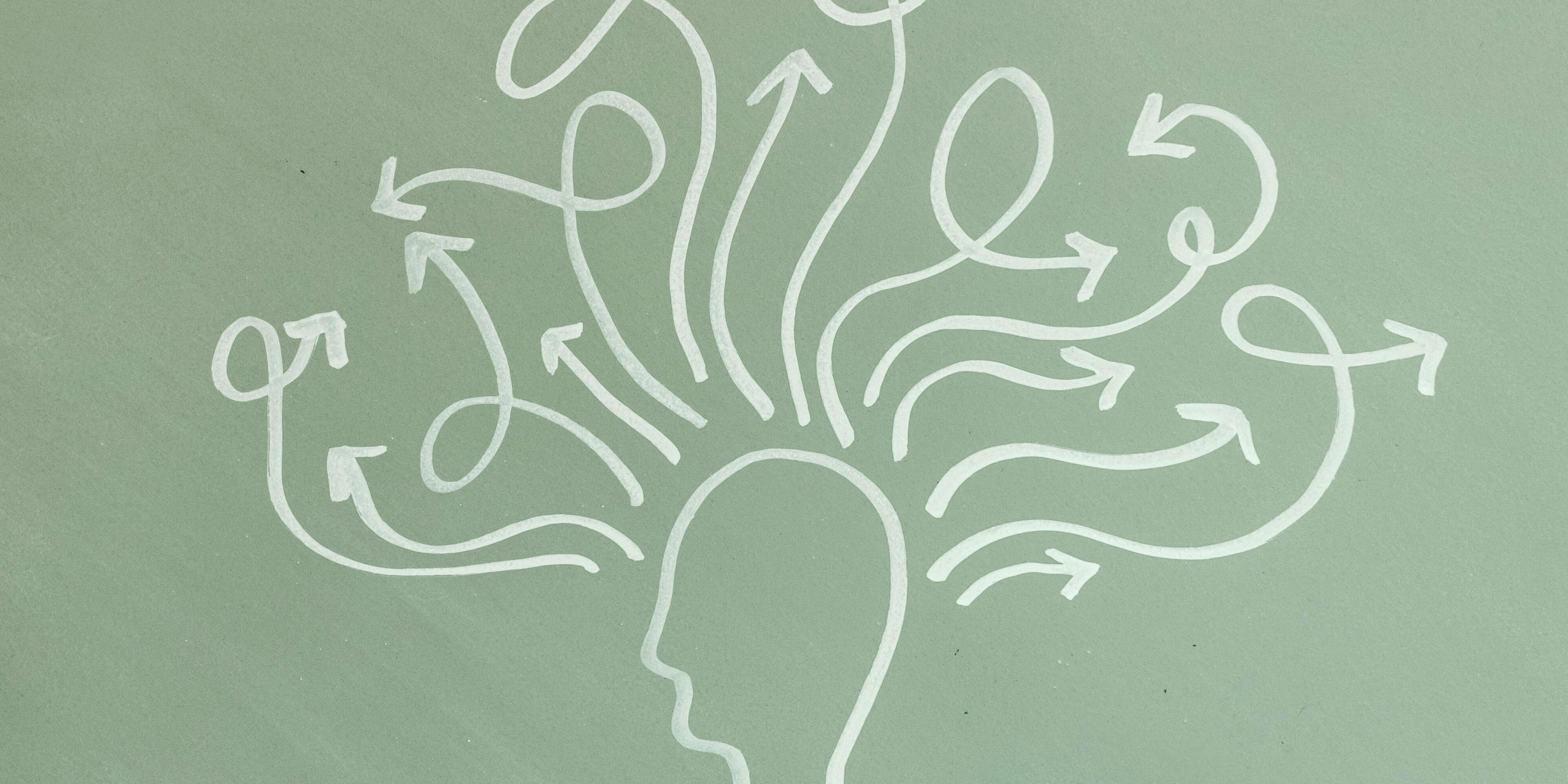Bachelor of Arts in Psychology Degree Program Guide

The decision to study psychology is an exciting one because of the many interesting topics to explore within the field. Students can learn about such things as how children develop and learn language and how social and cultural influences affect behaviour while learning how the brain plays an underlying role in our everyday cognition.
Psychology is offered as a Bachelor of Arts (BA) or a Bachelor of Science (BSc) degree, the Psychology component (required courses and experiences) is exactly the same in both degrees, what differs are the basic degree requirements outside of Psychology. We recommend taking the BA Psychology route if your interest is to focus more on the social sciences and humanities over the biological. This interdisciplinary approach allows you to apply your scientific knowledge of the human mind to our constructed social world, and analyze our interactions and systems through lenses such as anthropology, political science, sociology, and more based on your unique interests.
Academic Requirements for Psychology Majors
- PSYCH 104 - Basic Psychological Processes
- PSYCH 105 - Individual and Social Behavior
- PSYCH 212 - Introduction to Research Methods in Psychology
- PSYCH 213 - Introduction to Data Analysis in Psychology OR STAT 151 - Introduction to Applied Statistics I
- 6 units from your choice of:
- PSYCH 223 - Lifespan Developmental Psychology
- PSYCH 239 - Abnormal Psychology
- PSYCH 241 - Social Psychology
- 6 units from your choice of:
- PSYCH 258 - Cognitive Psychology
- PSYCH 275 - Brain and Behavior
- PSYCH 282 - Behavior Modification
- 3 units from your choice of:
- any 300- and 400-level PSYCH course offered by the Faculty of Arts
- 3 units from your choice of any 300- and 400-level PSYCH course offered by the Faculty of Science
- 3 units from any 400-level PSYCH course offered by the Faculty of Arts
- 3 units from any 400-level PSYCH course offered by the Faculty of Science
- 6 units from any 300- and 400-level PSYCH course
- PSYCH 212 and PSYCH 213 should be completed within the first two years (60 units) of the degree
Academic Requirements for Psychology Minors
- PSYCH 104 - Basic Psychological Processes
- PSYCH 105 - Individual and Social Behavior
- PSYCH 212 - Introduction to Research Methods in Psychology
- PSYCH 213 - Introduction to Data Analysis in Psychology OR STAT 151 - Introduction to Applied Statistics I
- PSYCH 212 and PSYCH 213 should be completed within the first two years (60 units) of the degree.
- 3 units from your choice of:
- PSYCH 223 - Lifespan Developmental Psychology
- PSYCH 239 - Abnormal Psychology
- PSYCH 241 - Social Psychology
- 3 units from your choice of:
- PSYCH 258 - Cognitive Psychology
- PSYCH 275 - Brain and Behavior
- PSYCH 282 - Behavior Modification
- 3 units from any 300- and 400-level PSYCH course offered by the Faculty of Arts
- 3 units from any 300- and 400-level PSYCH course offered by the Faculty of Science
- 6 units from any 200-, 300-, and 400-level PSYCH courses
The University of Alberta Calendar will always contain the most up-to-date degree requirements for your program, and your requirements are determined by the calendar year you were admitted in.
What kinds of courses can Psychology students take?
- PSYCH 302 - Psychopharmacology
- PSYCH 305 - Organizational Psychology
- PSYCH 327 - Adolescent Development
- PSYCH 347 - Interpersonal Relationships
- PSYCH 350 - Human Memory
- PSYCH 375 - Introduction to Cognitive Neuroscience
- PSYCH 310 - Foundations in Professional Competencies
- PSYCH 371 - The Neurobiology of Learning and Memory
- PSYCH 381 - Principles of Learning
- PSYCH 403 - Injury and Repair Mechanisms After Stroke
- PSYCH 405 - Animal and Nature Assisted Therapy
- PSYCH 447 - Self and Identity
- PSYCH 478 - Behaviour and Brain Chemistry
What kinds of careers can you pursue with a Psychology degree?
There are many different fields and career paths that students can pursue with a Psychology degree. From mental health and counselling to community services, graduates are equipped with interpersonal communication, critical thinking, and research skills to name a few, that are assets in today’s job market. Although there is a list of career options below, it is important to understand that careers are not linear. Intentionally engaging in a variety of activities and following your curiosities will open new opportunities that you might not have expected. To learn more about how you can put your Arts degree to work, stop by the HUB Career Centre (8917 HUB Mall) for more information.
- Mental Health Counselor
- Academic Advisor
- Substance Abuse Counselor
- Probation Officer
- Human Resources Specialist
- Organizational Development Consultant
- Training and Development Coordinator
- Communications & Marketing Associate
- Community Service Manager
- Youth Counselor
- Program Coordinator
- Advocacy Specialist
- Volunteer Coordinator
- +More!
Interested in gaining work experience related to your career goals? If so, apply to Arts Work Experience to gain full-time, PAID, work experience before you graduate!
Important Links
- Department website
- Students’ association information
- Full program overview
- Prospective student information and application
- Graduate studies information
- Current Arts student advising
Department Contact Information
- Department Undergraduate Student Advisor email: psyarts@ualberta.ca